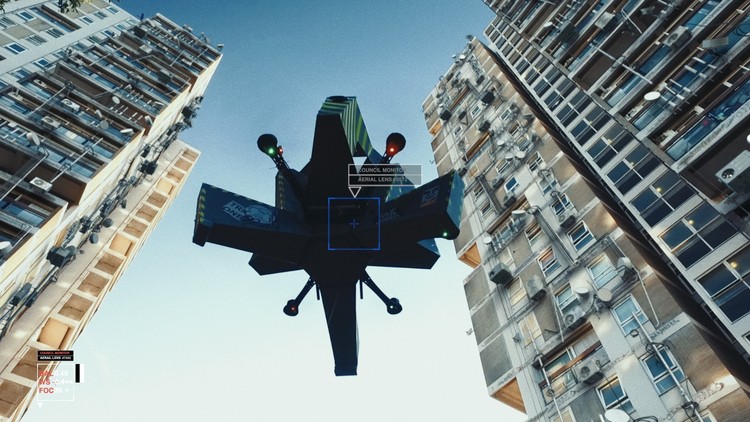
The Japan Pavilion at the 2025 Venice Biennale will investigate the evolving role of artificial intelligence (AI) in architecture, focusing on the concept of the "in-between." Curated by Jun Aoki, the exhibition will run from May 10 to November 23, 2025, at the Giardini della Biennale in Venice. The exhibition examines the increasing autonomy of AI in architectural design, raising questions about the shifting relationship between human agency and machine intelligence. The showcase aligns with the overarching theme "Intelligens. Natural. Artificial. Collective," curated by Carlo Ratti.











































